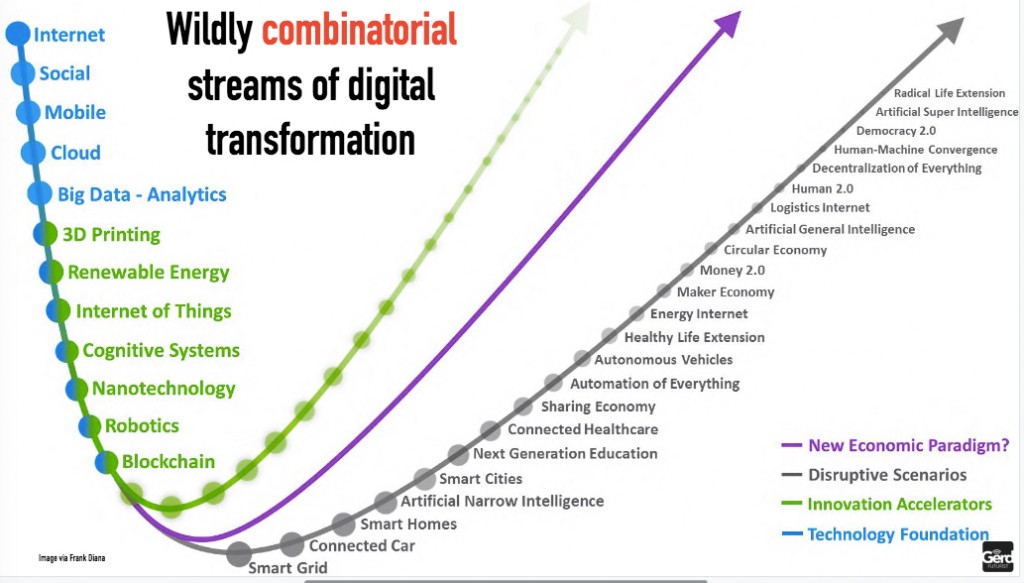Here’s my account of the seven remarkably well-curated sessions at Day 1 of Internet culture-maker festival XOXO in Southeast Portland, Oregon.
This is my first year at the event, for which I had to apply to be granted a submission to a drawing to get a 24 hour window to pay $500 for a ticket, or some such process several months ago. It’s been here in my town for several years and this year my darling wife said “put it on the credit card and go if you can!” (Free video of all the following will be on YouTube soon though! Plus, see sketch notes.)
I’ve been working full time on the Internet 10 years next month and I saw a lot of faces I recognized – as well as many I did not. It’s a little overwhelming so I’m hiding in a dark corner of a feminist-alligned bar down the street, writing this on my phone plugged into the wall. (I’ll add more links later.)
XOXO is about people struggling to make careers for themselves making the Internet, and thus the world, better for themselves and humanity. It’s about art, science and commerce, as far as I can tell. I’ll go watch some short cartoons and films, maybe play some video and tabletop games, after I finish this. It’s kinda Portlandia, but not screwing around.
Founding era blogmother Dooce kicked it all off, with the words “hairy vaginas” in 400 point font and the statement “I am the motherfucking queen of the mommybloggers.” She talked about the price of multimillion dollar success (exploitation of her crying children who didn’t want to be photographed in yet another faux-happy staged situation), her decision to walk away from The current state of sponsored content and back to authentic gritty life-affirming blog posts and photography.
Then the NPR Planet Money guy talked about how his fame as a media creator opened doors for him but did not lead to fast VC funding for his startup. (Yup!) He had a great quote that summed up the XOXO ethos well: “You’ll never be able to explain the thing as well as you can show the thing.” -Alex Blumberg https://gimletmedia.com/show/startup/
Then comic trailblazer and successful publishing company founder Spike Trotman http://spikedrewthis.tumblr.com took the stage. She’s a young, Black, smart, high energy, an early adopter of Kickstarter who said: “I’d say I’m grateful, but I worked hard for this! It’s a combination of ‘how on earth did I get here?’ And ‘yeah, I worked hard for this!'”
I’d like to read multiple blog posts just about Trotman’s presentation. The things I heard people say about it over lunch were remarkable.
Then, a non-panel-panel of the founding team of early smart-gossip blog Suck.com on one stage for the first time ever talked about how the sausage was made. I was proud to hear about a young Owen Thomas’s role there; Owen wasn’t here today because he’s rebuilding the blog my team and I built, ReadWrite. (Made me proud.)
Then Anil Dash pretended to be an egomaniac while actually shining light like an Olympian on women and people of color who have made the culture we live in. “We’ve always been here,” I think he said, though Spike may have said that first. Dash showed off Makerba.se.
Zoey Quinn spoke about her lessons learned going from teenage depressed malleable jerk-face to the 2nd or 3rd worst-attacked target of the assholes of #GamerGate. She spoke about it from a game developer’s perspective, said anonymity is really important to protect and urged everyone to just be nicer! She was great.
Finally, CSS granddaddy Eric Meyer closed out the first day’s sessions with a simple nerd-for-good message:
The systems we design impact the things we do. What we do online will appear normal to our children. System design is always social design. What kind of society do we want to design for?
That pretty much sums it up. I look forward to the evening’s events and tomorrow.
I can’t imagine what could go further than today. Literally.
